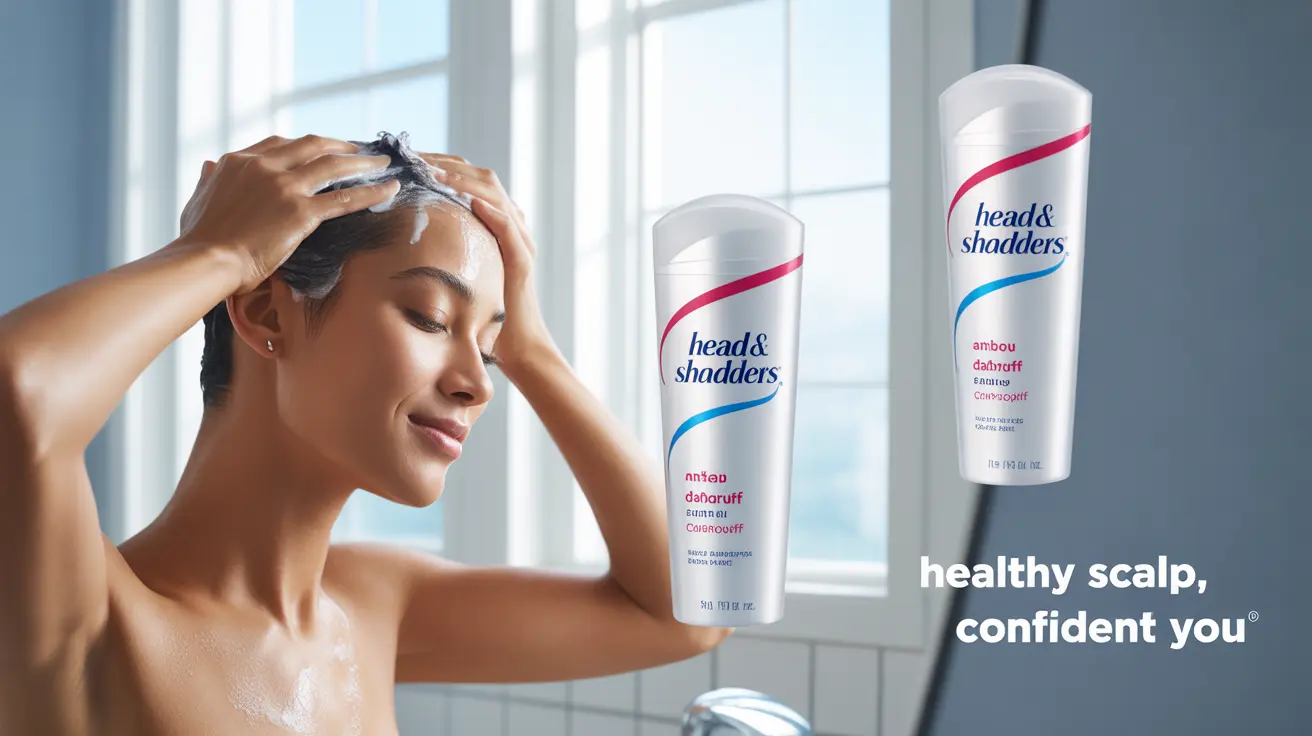Dandruff is a common scalp condition that affects millions of people worldwide, causing uncomfortable flaking, itching, and sometimes embarrassment. While it's not a serious medical condition, understanding its causes and knowing how to manage it effectively can significantly improve your quality of life and scalp health.
This comprehensive guide will explore the root causes of dandruff, effective treatment options, and prevention strategies to help you maintain a healthy, flake-free scalp.
Understanding the Root Causes of Dandruff
Contrary to popular belief, dandruff isn't simply a result of poor hygiene. Several factors can contribute to this persistent scalp condition:
Biological Factors
The primary cause of dandruff is often linked to Malassezia, a naturally occurring yeast-like fungus that feeds on scalp oils. When this fungus overgrows, it can cause skin cells to multiply more quickly than normal, leading to visible flaking and irritation.
Skin Conditions
Several skin conditions can manifest as dandruff-like symptoms, including seborrheic dermatitis, psoriasis, and eczema. These conditions often require specific medical treatment beyond standard anti-dandruff products.
Effective Treatment Strategies
Medicated Shampoos
The first line of defense against dandruff typically involves using specialized anti-dandruff shampoos containing active ingredients such as:
- Zinc pyrithione
- Selenium sulfide
- Ketoconazole
- Salicylic acid
- Tea tree oil
Proper Application Techniques
For maximum effectiveness, massage anti-dandruff shampoo thoroughly into your scalp and let it sit for 3-5 minutes before rinsing. This allows the active ingredients to work effectively against the underlying causes of dandruff.
Prevention and Long-term Management
Managing dandruff requires a comprehensive approach that goes beyond just using medicated shampoos:
Lifestyle Modifications
- Regular scalp cleansing
- Stress management
- Balanced diet rich in zinc, B vitamins, and omega-3 fatty acids
- Proper hydration
Maintenance Routine
Once you've gotten dandruff under control, maintain results by using anti-dandruff shampoo once or twice weekly, alternating with regular shampoo as needed.
When to Seek Professional Help
While most cases of dandruff can be managed at home, certain situations warrant medical attention:
- Severe scalp inflammation
- Persistent redness or bleeding
- No improvement after several weeks of over-the-counter treatment
- Signs of infection
Frequently Asked Questions
- What causes dandruff and why does my scalp keep flaking and itching?
Dandruff is primarily caused by an overgrowth of Malassezia fungus, overactive oil glands, sensitive skin, or underlying skin conditions. The itching and flaking occur when these factors trigger accelerated skin cell turnover on your scalp.
- What are the most effective treatments or shampoos for controlling dandruff?
The most effective anti-dandruff shampoos contain active ingredients like zinc pyrithione, ketoconazole, or selenium sulfide. For best results, use these products as directed and allow the shampoo to remain on your scalp for several minutes before rinsing.
- How can I prevent dandruff from coming back after treatment?
Prevent recurrence by maintaining a regular scalp care routine, managing stress, eating a balanced diet, and using anti-dandruff shampoo periodically for maintenance. Also, avoid hair products that irritate your scalp.
- Is dandruff caused by poor hygiene or an underlying skin condition?
Dandruff isn't typically caused by poor hygiene. It's usually the result of skin sensitivity, fungal overgrowth, or underlying skin conditions like seborrheic dermatitis. However, proper scalp hygiene can help manage symptoms.
- When should I see a doctor for dandruff that won't go away or gets worse?
Consult a healthcare provider if your dandruff persists despite several weeks of over-the-counter treatment, if you experience severe scalp inflammation or bleeding, or if the condition significantly impacts your quality of life.




